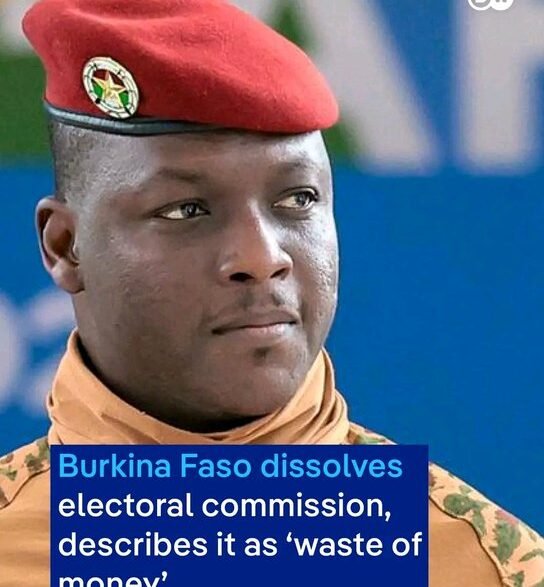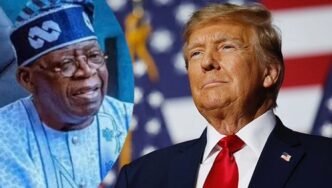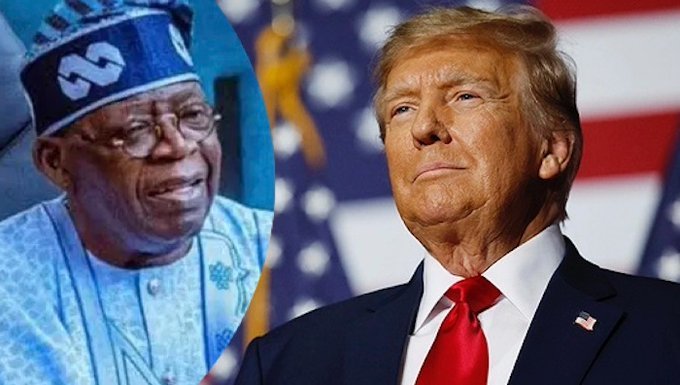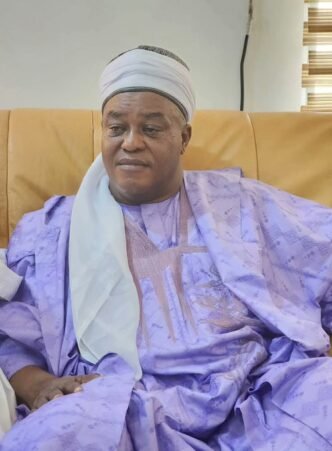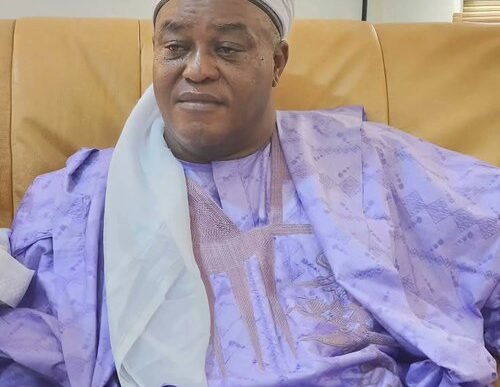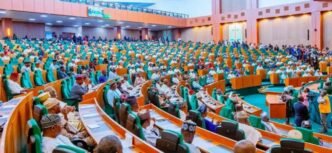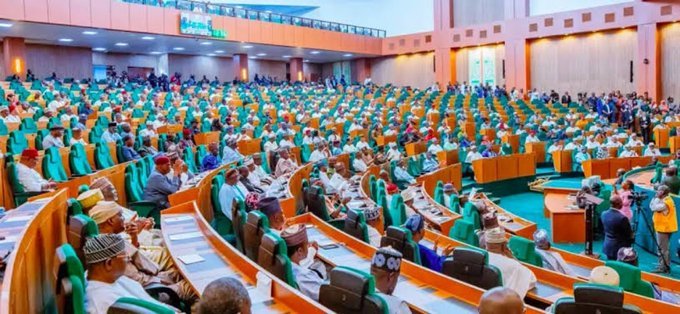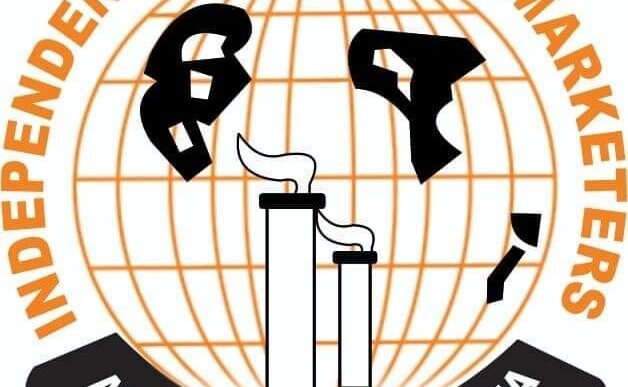BREAKING NEWS: Ibrahim Traoré Dissolves Burkina Faso’s Electoral Commission, Calls It a “Waste of Money”
In a surprising political development, Burkina Faso’s military leader, Captain Ibrahim Traoré, has announced the dissolution of the country’s national electoral commission, describing it as an unnecessary burden on state finances and a distraction from the nation’s current priorities.
The decision, which was broadcast on national television late Friday, marks another major shift in Traoré’s ongoing overhaul of Burkina Faso’s political institutions since he seized power in September 2022.
Traoré’s Rationale: “A Waste of Resources”
Captain Traoré, in his televised address, stated that maintaining an electoral body while the country faces severe security, economic, and humanitarian challenges is, in his words, “a waste of money and effort.”
“We cannot continue to fund structures that serve no purpose at a time when our people are dying, our schools are displaced, and our economy is strained,” Traoré said. “The priority of this government is not elections but liberation and reconstruction.”
He emphasized that resources previously allocated to the Independent National Electoral Commission (CENI) would be redirected toward national defense, agricultural self-sufficiency, and social welfare programs.
Shift Toward ‘Sovereign Transition’
The dissolution of the electoral body effectively pauses preparations for any democratic elections, which were initially expected to mark a return to civilian rule by 2025 under the current transition plan.
However, sources within the Transitional Government in Ouagadougou say the leadership is considering extending the transition period indefinitely, citing ongoing security concerns amid an intensifying insurgency linked to al-Qaeda and Islamic State-affiliated groups.
Traoré has repeatedly criticized what he calls “Western-imposed democracy”, arguing that elections held under foreign pressure only deepen division and instability in African nations.
“We will define our own form of governance that fits our history and values,” he declared. “We are not obliged to imitate systems that have failed to protect us.”
International Reactions Expected
The announcement is likely to trigger reactions from ECOWAS, the African Union, and Western nations, particularly France and the United States, which have urged Burkina Faso to restore constitutional order and hold credible elections.
Diplomatic observers say Traoré’s move could deepen the country’s isolation from regional partners, following similar steps by Mali and Niger, both of which have also suspended democratic institutions under military rule.
An ECOWAS diplomat in Abuja, speaking anonymously, described the decision as “a setback for democratic transition in the Sahel” and warned it could invite new sanctions if the junta refuses to present a clear timeline for restoring civilian rule.
Public Reaction: Support and Concern
In Ouagadougou and Bobo-Dioulasso, initial public reactions appear mixed. Some citizens and youth groups loyal to the junta have welcomed the move as a practical step toward sovereignty and efficiency, while civil society organizations expressed alarm over the erosion of democratic structures.
A university lecturer, Dr. Adama Zongo, told reporters that although the commission had challenges, its abolition “removes one of the last institutional checks” on military power.
“This decision consolidates absolute control in the presidency,” Zongo said. “Without an electoral body, the promise of a return to civilian rule fades further away.”
The Broader Context: Sahelian Shift Against Western Models
Traoré’s decision reflects a broader anti-Western and pan-African orientation that has gained traction across the Sahel. Alongside Mali and Niger, Burkina Faso has joined the Alliance of Sahel States (AES), a regional bloc advocating for military-led governance and reduced Western influence.
The three countries have expelled French troops, strengthened ties with Russia, and emphasized self-reliance in security and resource management.
Observers say the dissolution of the electoral body is part of Traoré’s strategy to consolidate political control and align national institutions with his revolutionary vision of a “sovereign Burkina Faso.”
Next Steps
Government insiders suggest that a new “Sovereign National Council” may replace the electoral body to oversee grassroots representation and “popular consensus governance,” though no official decree has been issued yet.
The junta also plans to launch a “National Dialogue on Governance Reform” before the end of the year to decide on future political frameworks, possibly eliminating the traditional electoral system altogether.
Conclusion
Captain Ibrahim Traoré’s dissolution of Burkina Faso’s electoral commission underscores a growing ideological shift away from Western-style democracy in favor of a security-first, sovereignty-driven governance model.
While the move may strengthen his hold on power and redirect funds toward national defense, it also risks further international isolation and domestic political uncertainty.
As Burkina Faso continues its fight against terrorism and navigates its political transition, the world watches closely to see whether Traoré’s “new path” will bring stability — or deepen the nation’s divide.


